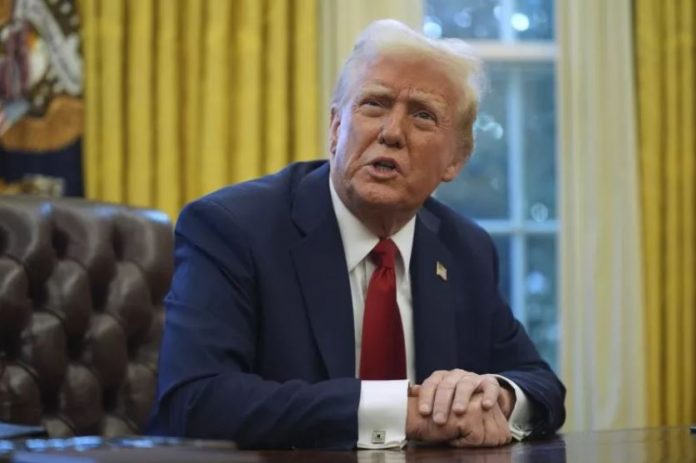The U.S. Copyright Office has released a report addressing the complexities of authorship in AI-generated art. The report reaffirms that copyright protection is traditionally reserved for works created by human authors, thereby excluding creations produced solely by artificial intelligence. This stance aligns with existing U.S. copyright law, which requires human creativity for a work to be eligible for protection.
As AI-generated content becomes more widespread, the report acknowledges the growing role of artificial intelligence in the creative process. While AI can assist artists in generating ideas, enhancing images, or refining artistic styles, the Copyright Office maintains that the final work must result from human authorship to qualify for copyright. The distinction lies in whether the human user exerts meaningful creative control over the final product rather than relying entirely on the machine’s automated processes.
The report also explores legal precedents, including past court cases in which copyright claims for AI-generated works were denied. These cases reinforce the principle that intellectual property rights exist to protect human ingenuity rather than outputs generated independently by algorithms. This ruling has significant implications for artists, companies, and tech developers who rely on AI-driven creative tools.
Despite its firm stance on AI-created works, the Copyright Office acknowledges that the landscape is evolving. Many AI-assisted works involve some level of human input, raising questions about the threshold for copyright eligibility. The report suggests that future regulations may need to define clearer guidelines on the balance between human effort and machine assistance.
The findings contribute to the ongoing discourse on the intersection of technology and creativity, highlighting the need to balance innovation with the protection of human artistic expression. As AI tools continue to advance, lawmakers and creators alike must navigate the challenges of ensuring that copyright laws adapt to emerging artistic practices while preserving the fundamental principles of intellectual property.




